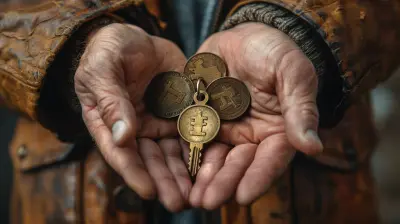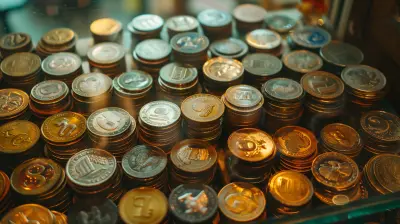Economic Collapse Scenarios: What If the Worst Happens?
29 August 2025
Let’s be honest — no one likes to think about the economy crashing. But here’s the thing: avoiding the discussion doesn’t make the danger go away. So, what would it actually look like if the worst-case economic scenario played out? Would we be facing a total meltdown of modern civilization or just a really rough financial patch?
This article dives deep into those haunting "what ifs." We’ll break down the possible economic collapse scenarios, what causes them, how they impact your everyday life, and most importantly — how you can prepare without turning into a doomsday prepper.
Ready for a reality check? Let’s get into it.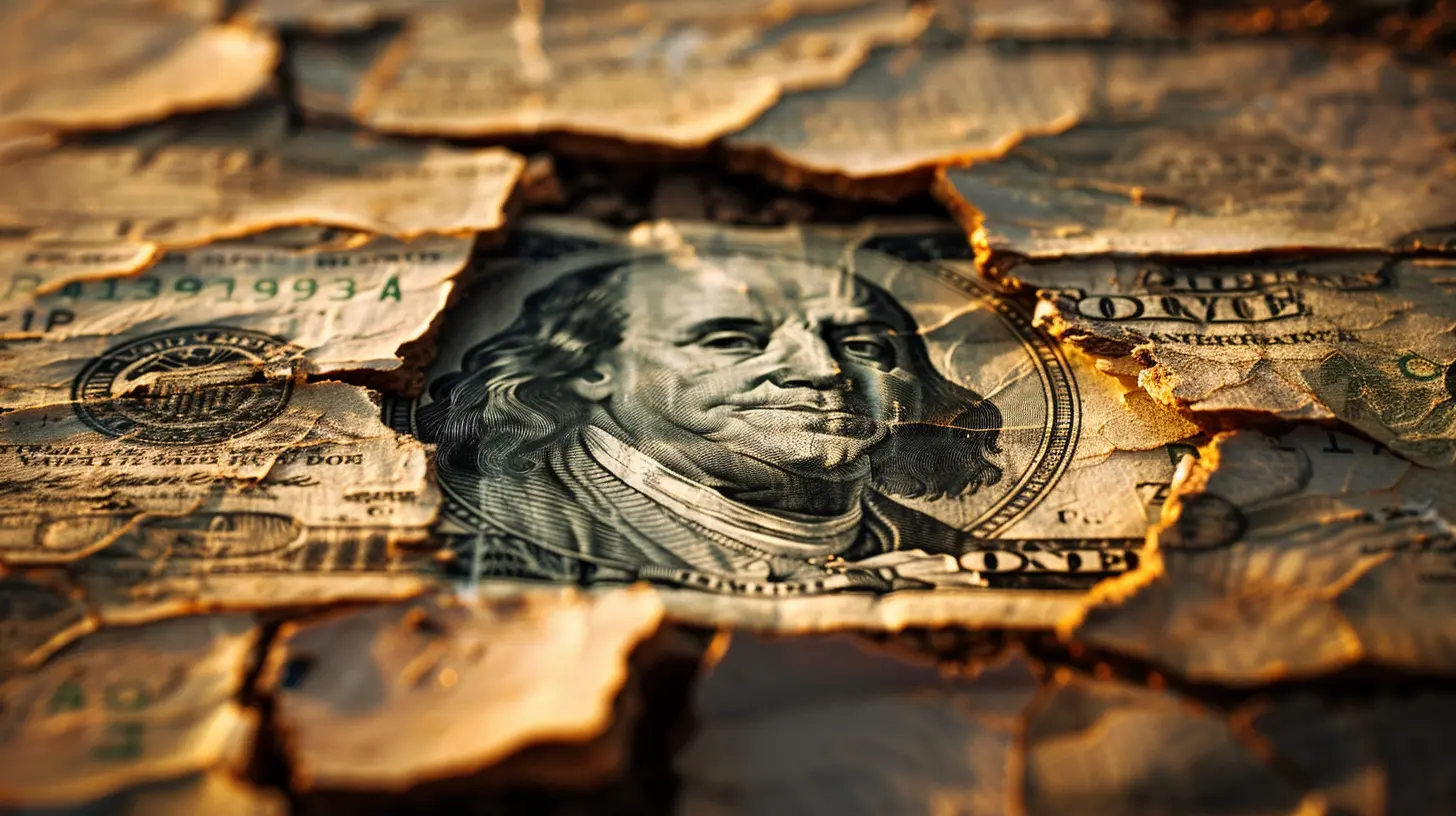
What Do We Mean by "Economic Collapse"?
First things first — let’s define what we’re talking about.An economic collapse isn’t just a recession or a stock market dip. Nope, we’re talking about a full-blown, systemic failure where the financial system breaks down. Think mass unemployment, skyrocketing inflation (or deflation), bank failures, and supply chains grinding to a halt.
Picture your debit card being declined — not because you're broke, but because the entire banking system is offline. Yeah, that level of chaos.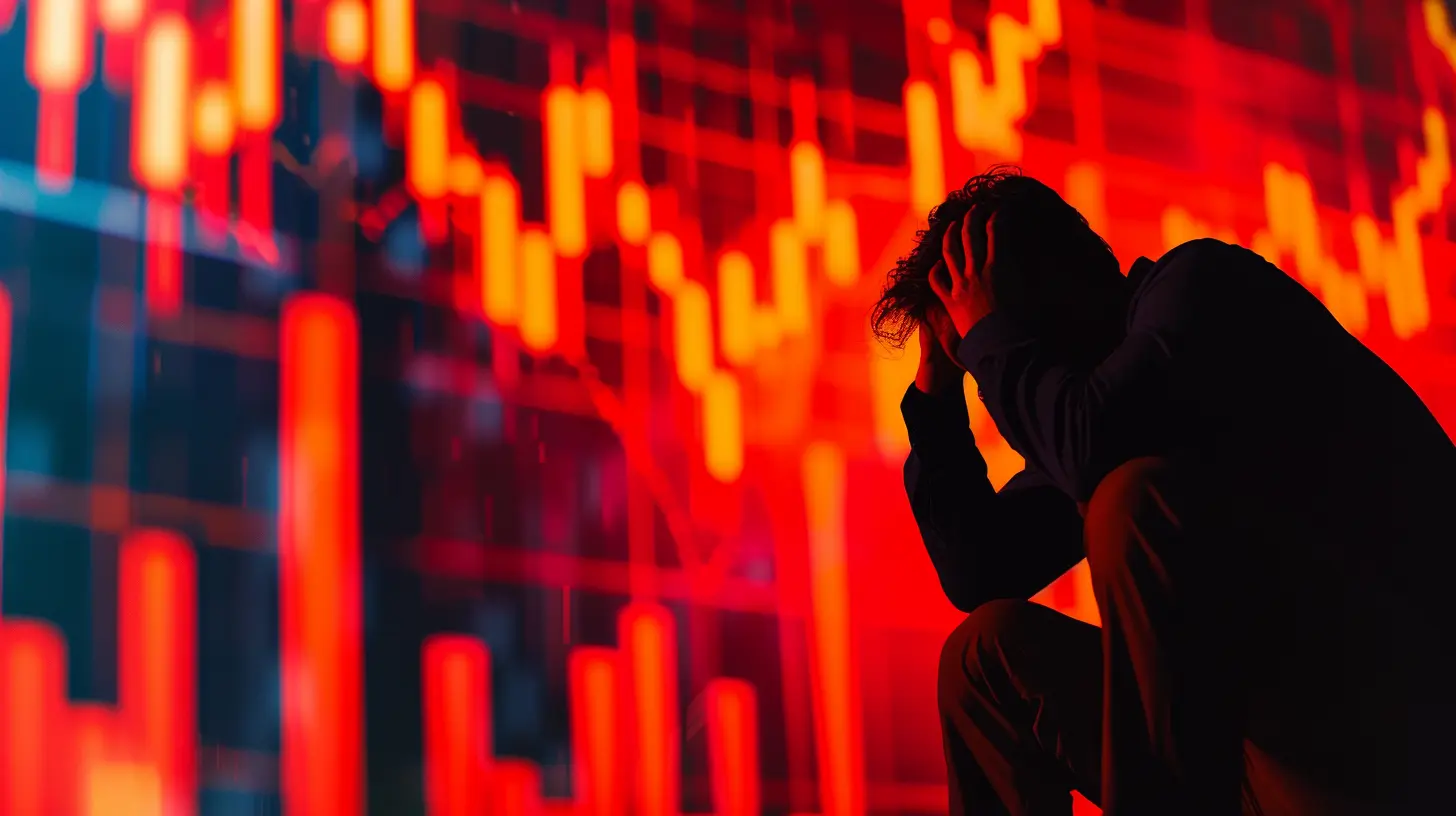
Common Triggers of Economic Collapse
So, what could cause the wheels to totally fall off the economy? There’s no single smoking gun, but here are some top contenders:1. Massive Debt Defaults
When governments, corporations, or consumers take on more debt than they can handle, the whole system gets wobbly. If debt defaults ripple through the economy, banks can collapse, lending dries up, and businesses can’t function.2. Hyperinflation
Imagine your grocery bill doubling every month. Terrifying stuff. Hyperinflation erodes purchasing power so fast that money becomes practically worthless. Countries like Zimbabwe and Venezuela have already lived through it.3. Banking System Collapse
Banks are the beating heart of the financial system. If they start failing — due to bad loans, economic shocks, or a loss of confidence — it can trigger a domino effect. Once the public loses trust, it’s game over.4. Cyberattacks on Financial Infrastructure
Let’s not kid ourselves. In an ultra-digital economy, a coordinated cyberattack on banks or stock exchanges could be devastating. It’s not just sci-fi — this risk is on the radar of governments worldwide.5. Global Conflict or Trade Wars
If major powers go head-to-head in a military or economic sense, the global economy gets caught in the crossfire. Trade disruptions alone can choke industries without firing a single shot.6. Natural Disasters and Pandemics
We all saw how COVID-19 rocked the global economy. Now imagine a more lethal or long-lasting virus. Or a mega-earthquake hitting a financial hub — catastrophic disruptions could lead to collapse.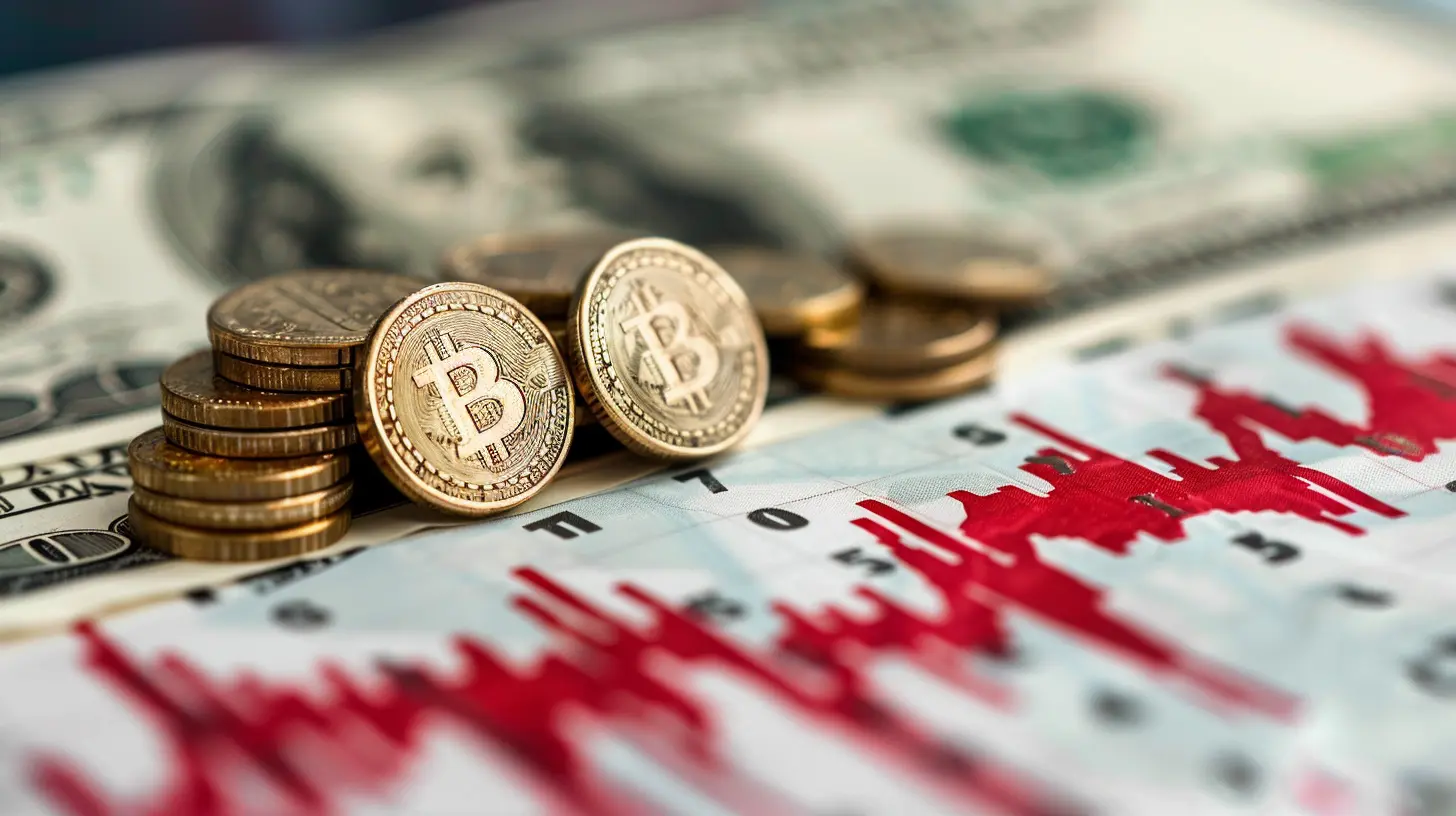
How Would a Collapse Actually Unfold?
It’s one thing to list the triggers, but how does an economic collapse unravel in real life? Here’s a simplified chain reaction:1. Loss of Confidence — Markets panic, people pull money out of banks.
2. Credit Freeze — Banks stop lending. Businesses can’t get funds.
3. Business Closures — Without cash flow or loans, companies shut down.
4. Job Losses — Mass layoffs begin. Unemployment spikes.
5. Government Paralysis — Tax revenues fall. Public programs get cut.
6. Civil Unrest — Frustration turns to protests or worse.
Scary? Absolutely. But not inevitable — and certainly something we can be proactive about.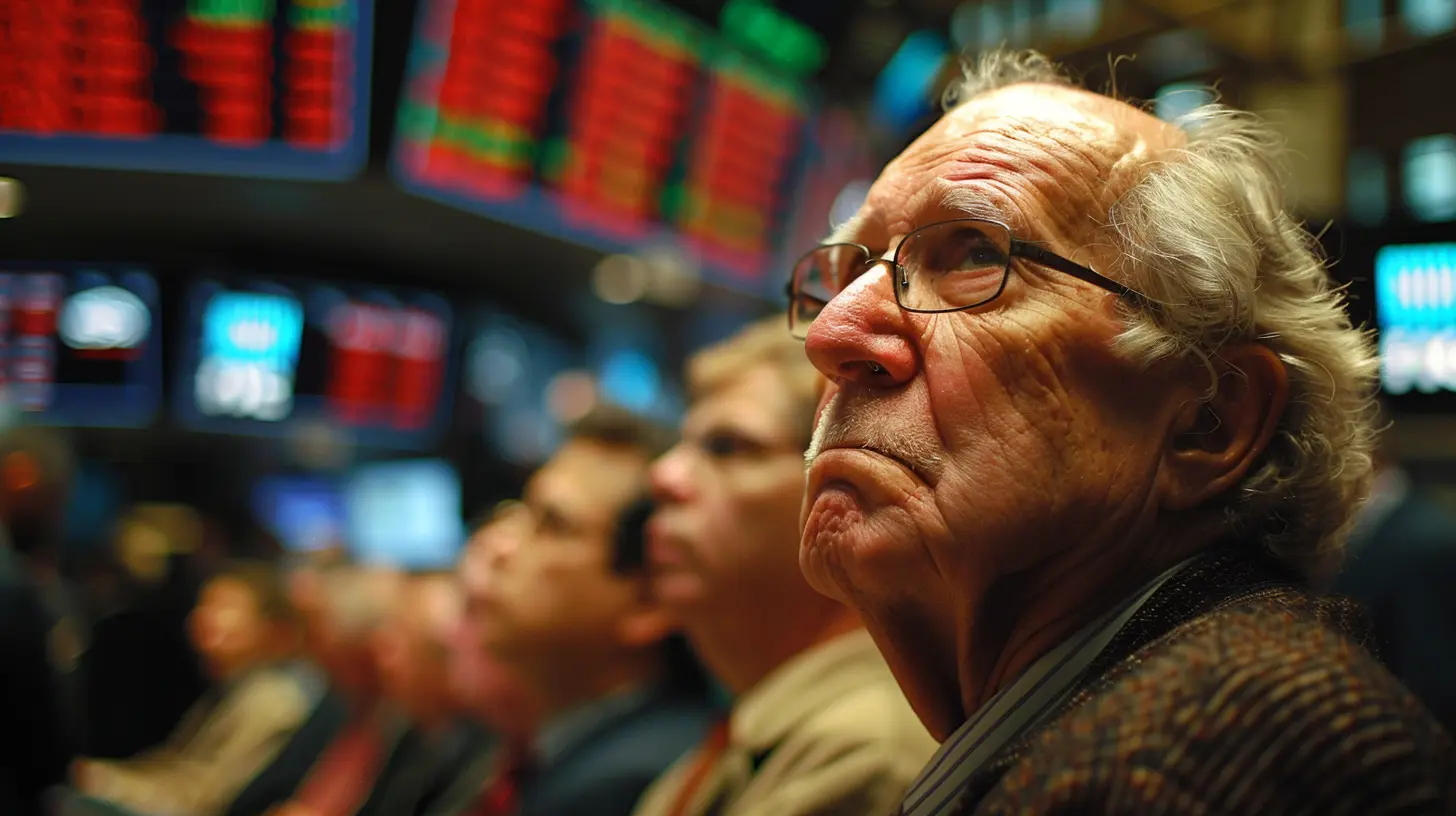
Real-World Examples of Economic Collapse
History has shown us what collapse looks like. Let’s take a quick journey through some of the most notable collapses:Great Depression (1929–1939)
The most infamous collapse, sparked by a stock market crash but made worse by poor policy decisions and bank failures. Unemployment in the U.S. hit 25%.Venezuela (2010s–Present)
A cocktail of political mismanagement and oil dependency led to hyperinflation, poverty, and a shattered economy. Millions fled the country.Argentina (2001)
One of the largest sovereign debt defaults in history. Massive bank runs occurred, the peso collapsed, and the government cycled through five presidents in two weeks.Greece (2009–2018)
Crushed under debts and austerity measures, the Greek economy took nearly a decade to recover. Unemployment at one point topped 27%.Each case is different, but the warning signs are often the same — ballooning debt, poor leadership, and a lack of transparency.
What Would Happen to Your Money?
Alright, time to bring it home. Let’s say the worst happens — how does it impact your wallet?1. Bank Runs & Account Freezes
People will rush to withdraw cash. Banks might shut down or limit access to funds to prevent collapse. You might suddenly be locked out of your own money.2. Stock Market Crashes
Your 401(k)? That retirement nest egg? In a collapse, stock markets can plunge, wiping out wealth in days or even hours.3. Currency Devaluation
The value of your dollars could drop significantly. Buying groceries becomes a luxury, not a routine.4. Job Market Carnage
Companies shed jobs quickly in panic mode. It could take months or years to find stable employment afterward.Can Governments Prevent a Collapse?
Yes and no.Governments can take preventative measures — and many do — through regulation, stimulus packages, central bank interventions, and international cooperation. But no system is foolproof. Sometimes politics or global events override even the best economic strategies.
Let’s not forget: Even the most powerful governments are not immune. The 2008 crisis showed that even a well-oiled machine can seize up under the right (or wrong) conditions.
How Can You Prepare Without Going Full Doomsday?
Don’t worry, I’m not about to tell you to dig a bunker or stock 10 years’ worth of canned beans. Practical preparedness is key. Here’s how to stay ready without freaking out:1. Diversify Your Assets
Don’t put all your eggs in one basket. Spread your investments across stocks, bonds, real estate, precious metals, and maybe even crypto.2. Build an Emergency Fund
Aim for at least 6–12 months of living expenses. Keep a portion in cash — as in, actual paper money.3. Minimize Your Debt
Especially high-interest debt like credit cards. The less debt you have, the better positioned you’ll be during financial chaos.4. Develop Tangible Skills
Can you grow food? Fix things? Budget like a pro? Practical skills are invaluable when systems break down.5. Stay Informed
Seriously, don’t sleep on financial news. Being informed gives you an edge — it lets you act early instead of reacting late.6. Secure Access to Essentials
This doesn’t mean hoarding. But having a couple of months’ worth of essentials — food, water, medicine — isn’t just smart, it’s stress-relieving.What About Gold, Silver, or Cryptocurrency?
These alternative stores of value come up a lot in economic doom-talk — and for good reason.- Gold & Silver: They’ve held value for centuries. They don’t rely on digital systems and offer a hedge against inflation.
- Cryptocurrency: Bitcoin is often dubbed "digital gold." It’s decentralized, which means no central authority can freeze it. But it’s also volatile — so don’t go all in.
A little bit of each? That might not be a bad idea.
Final Thoughts: Is an Economic Collapse Likely?
Here’s the raw truth — a total economic collapse is rare but not impossible. More likely? Smaller-scale crises that hit local or national economies hard but don’t bring down the global system.Still, that doesn’t mean you should be complacent. It’s about being ready, not scared. Because when things hit the fan, those who planned ahead will have a major advantage.
So instead of doom-scrolling or panic-buying, take action. Strengthen your financial foundation. Watch for red flags. Stay flexible. Think of it like tuning up your car — not because you expect it to break down tomorrow, but because it’s just smart maintenance.
all images in this post were generated using AI tools
Category:
Financial CrisisAuthor:

Uther Graham
Discussion
rate this article
1 comments
Bryce Ellison
Thank you for this insightful article. It's crucial to consider worst-case scenarios in finance, as preparing for uncertainty can help us navigate potential challenges with resilience and informed strategies.
September 12, 2025 at 3:12 AM

Uther Graham
Thank you for your thoughtful comment! I completely agree—preparing for worst-case scenarios is essential for building resilience in uncertain times.
